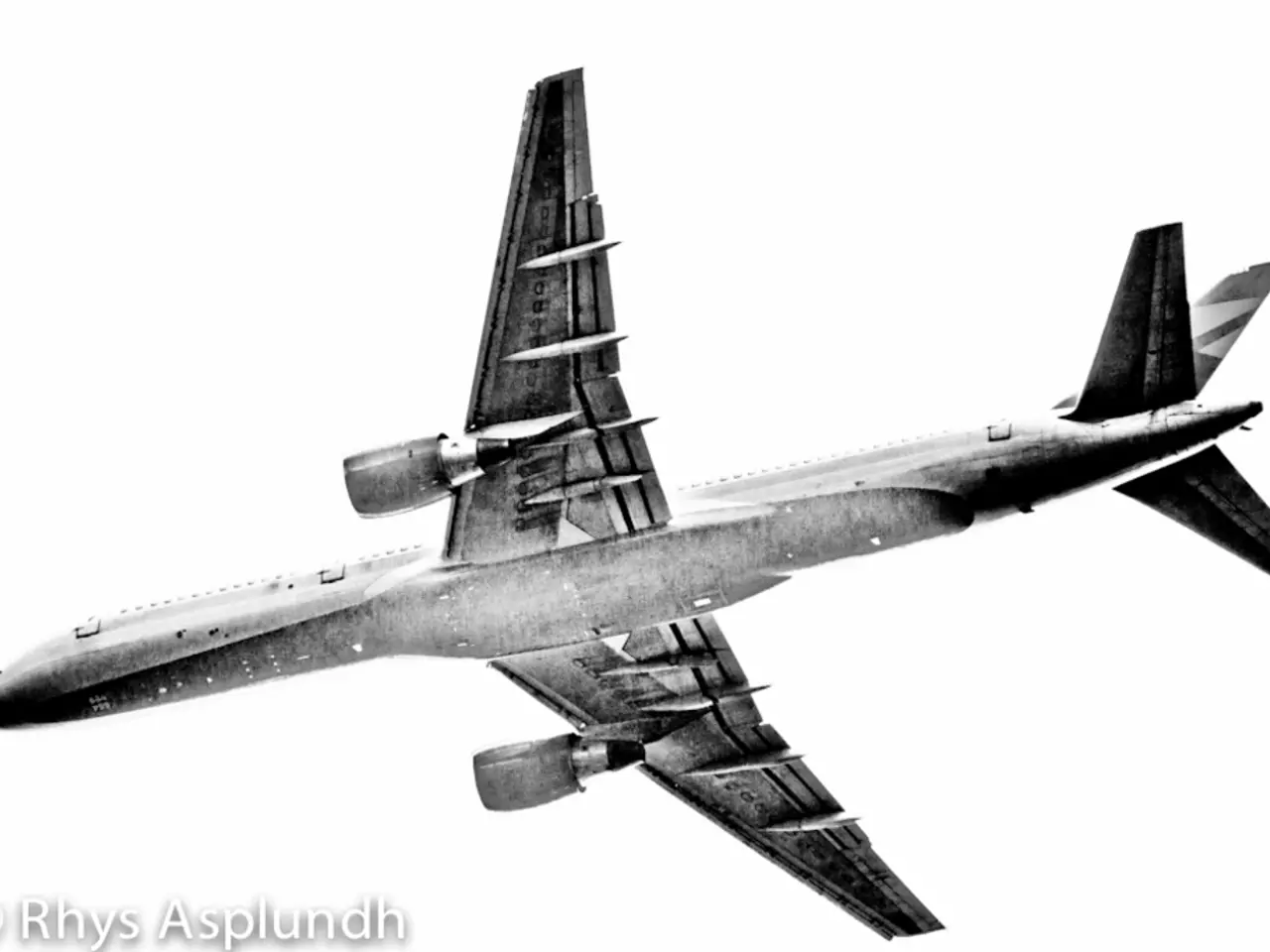Controversy brews as Netanyahu's intention to annex Gaza City garners widespread criticism
In a significant policy shift, Germany has suspended approval for arms exports to Israel for use in the Gaza Strip "until further notice" in response to Israel's Security Cabinet approving plans to take control of Gaza City. This decision marks a notable divergence from previous policy and indicates continued criticism from Western leaders regarding Netanyahu's actions in Gaza.
The suspension was announced by German Chancellor Friedrich Merz on August 8, 2025. The decision came after Israel’s Security Cabinet endorsed a strategy to seize Gaza City aimed at dismantling Hamas and securing the release of hostages held there.
Between October 7, 2023, and May 13, 2025, Germany had granted export licenses for military equipment to Israel worth €485 million ($564 million), showing the scale of prior military cooperation. Merz emphasized, while reaffirming Israel’s right to self-defense against Hamas terrorism, that the intensification of military operations complicates efforts to achieve hostage release and push for a ceasefire.
The German government called on Israel to ensure humanitarian aid access for civilians in Gaza, stressing the importance of unrestricted access for UN agencies and NGOs. The suspension specifically targets military exports intended for deployment in Gaza, reflecting Germany’s concern about the escalation and humanitarian implications.
Despite the government's embargo, some German defense companies such as Renk have considered ways to continue exports to Israel by bypassing the embargo, citing a responsibility to maintain Israel’s deterrence capabilities.
The worsening humanitarian crisis in the Gaza Strip, as Israel's 22-month war against Hamas intensifies, has led to a wave of condemnation from European leaders, Arab nations, and a group representing the families of hostages. This indicates a widening gulf between Netanyahu's government and much of the world.
Western leaders, traditionally allies of Israel, have spoken out to criticize Netanyahu's expansion of the war. Merz acknowledged Israel's right to defend itself against Hamas' terror but expressed reservations about the means used to do so. He stated that the Israeli army's harsher military action makes it increasingly difficult to achieve certain goals, implying a potential negative impact on Israel's objectives.
This move by Germany adds to the growing condemnation from European leaders, Arab nations, and other groups over Netanyahu's plans to take control of Gaza City. It remains to be seen how this development will impact the ongoing conflict and the humanitarian situation in the Gaza Strip.
- The decision by Germany to suspend arms exports to Israel for use in the Gaza Strip, as a result of Israel's plans to seize Gaza City, highlights the country's involvement in the war-and-conflicts as well as its politics.
- The intensified criticism from Western leaders, such as Germany, towards Netanyahu's actions in Gaza, including the suspension of arms exports, is a significant general-news event indicating a widening gap between his government and a major portion of the international community.







